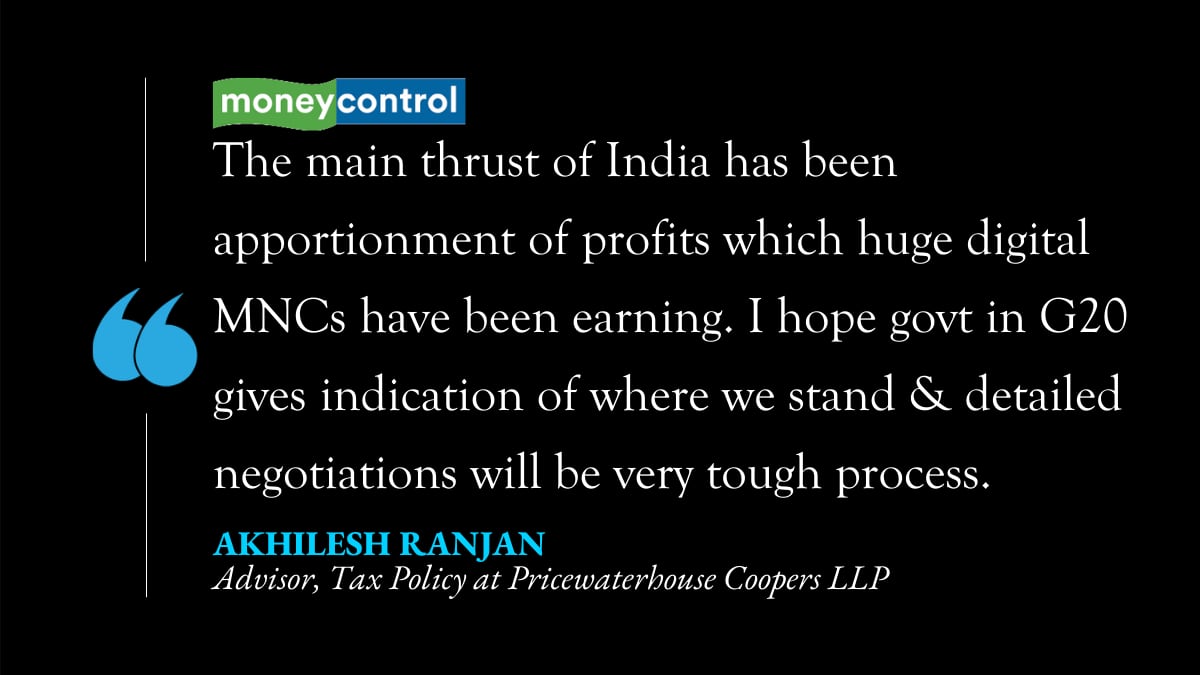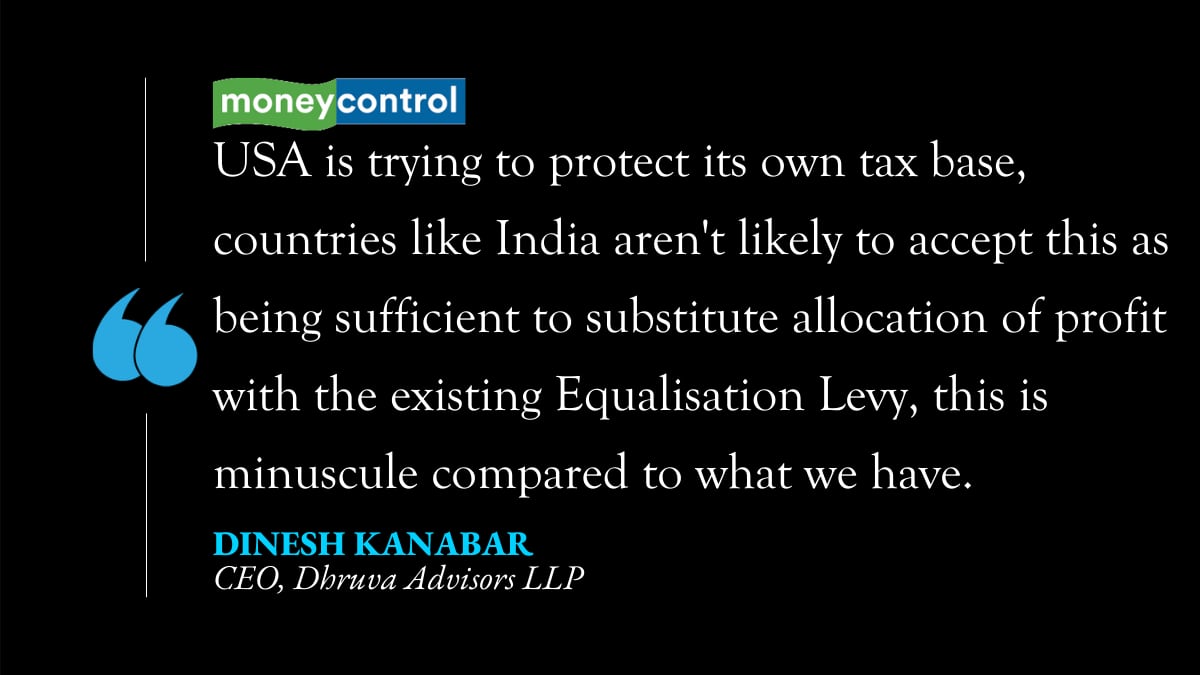



India may not accept the G7’s digital tax proposal that requires multinational tech giants to pay tax in the countries in which they operate because its own equalisation levy would give the country a higher share of their profit.
India and other developing countries have been clamouring for a tax on global digital giants that profit from data-rich, high-consumption economies. The G7 finance ministers agreed on June 5 to a “two-pillar” strategy to tax tech giants.
The G7 proposal would require the largest and most profitable multinationals with at least a 10% profit margin to pay tax in countries where they operate, and not just in countries where they are based. Such companies would see 20% of any profit above the 10% margin reallocated and then subjected to tax in the countries they operate.
The principle of a global minimum rate was also agreed to ensure that multinationals pay tax of at least 15% in each country they operate.
However, tax experts in India said the proposed G7 formula leaves very little for countries where these profits are made.
“The US is trying to protect its own tax base. Countries like India are not likely to accept this as being sufficient to substitute allocation of profit with the existing equalisation levy – this is minuscule compared to what we have,” explained Dinesh Kanabar, CEO of Dhruva Advisors, a tax advisory firm.

The G7 decisions are positive as the US had earlier protested such negotiations across the world. India introduced its equalisation levy and faced the wrath of the US, where most such companies are headquartered.
“The main thrust of India has been apportionment of profits, which huge digital MNCs have been earning,’ said Akhilesh Ranjan, a former member of the Central Board of Direct Taxes. “I hope the government in the G20 gives an indication of where we stand. Detailed negotiations will be a very tough process.”

While the developed world has made some progress in acknowledging the concept of sharing profit with countries generating business, the amount ultimately left in their hands would be meagre and unlikely to be accepted by India and most countries in Africa.
Experts pointed out that a global consensus on the digital tax proposal will be very difficult to reach. Discussions at the Organisation for Economic Co-operation and Development have been on for over two years and these proposals may take much longer to take shape as a global accord.
Until then, India could continue with the equalisation levy to extract its pound of flesh from digital companies.
Discover the latest Business News, Sensex, and Nifty updates. Obtain Personal Finance insights, tax queries, and expert opinions on Moneycontrol or download the Moneycontrol App to stay updated!
Find the best of Al News in one place, specially curated for you every weekend.
Stay on top of the latest tech trends and biggest startup news.